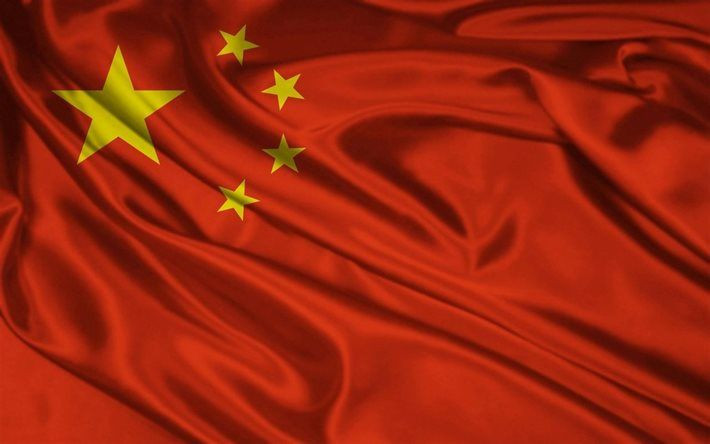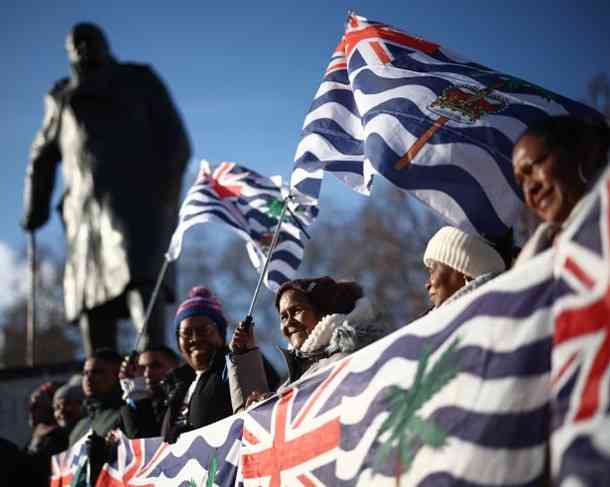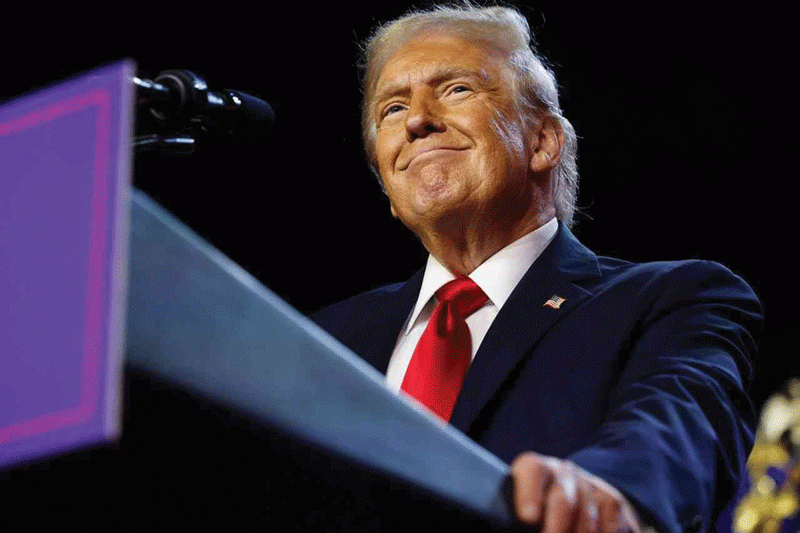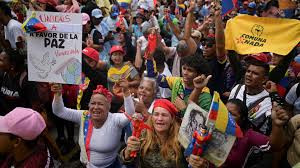
Recently, Laos revealed that its foreign debt has nearly doubled, and it requires more time to avoid default. In response, China announced its support in helping Laos manage its substantial debt burden, according to Bloomberg and Nikke Asia.
Earlier this week, a spokesman for China's Ministry of Foreign Affairs stated that Beijing has engaged in "mutually beneficial cooperation" with developing nations like Laos, providing significant support for social and economic development. He added that China is also striving to help these countries alleviate their debt burden.
China's statement seems to address a crisis it may have contributed to. With over half of Laos's $10.5 billion external debt owed to China, Beijing is the largest creditor. Laos's total public debt was $13.8 billion, 108% of its GDP. Last year, Laos deferred $670 million in payments on $950 million in external debt, offering brief respite, according to the World Bank.
Laos' state debt largely stems from infrastructure projects under China's Belt and Road Initiative (BRI). The country faces mounting troubles as its foreign reserves dwindle due to borrowing billions from China for roads, trains, and hydroelectric dams. Laos gained attention after launching a $6 billion high-speed train route with China. While seen as a major infrastructure boost linking Southeast Asia to China, it has also led to a significant debt crisis.
The Laotian kip has hit a record low against the US dollar due to a currency crisis and rising global food and fuel costs, leading to soaring inflation. There is widespread concern that the economic crisis could escalate into a collapse. To stabilize the situation, the government has raised interest rates, issued bonds, and developed debt management strategies with the Asian Development Bank. However, this has led to reduced spending on essential services like healthcare and education, potentially impacting the population negatively in the long term.
Experts suggest that China's claim of aiding Laos in managing its debt may hold true, as Laos is one of the few nations where the Belt and Road Initiative (BRI) has been successful. It is seen as a "model" for other countries. Beijing's plan aims to connect Laos with Thailand, and eventually Malaysia and Singapore, via railway. Despite close diplomatic, economic, and military ties, Laos has become heavily indebted to China. AidData research lab at William & Mary tracked Laos's debt to China over 18 years.
Brad Parks, executive director of AidData, remarked, "Laos has the highest debt exposure to China globally. It's an extreme case... Laos borrowed excessively and is now overwhelmed." As Laos sinks deeper into a debt-induced crisis, focus has returned to China's "debt trap diplomacy," as labelled by Western critics. While China has reasons to assist Laos and might even forgive some debt, there are concerns that other indebted nations may seek similar concessions. China has lent around $1 trillion to developing countries, significantly altering its global influence.
China is recognized as a generous lender, offering credit more readily than others, but also as a stringent one. Its loans often come at a cost, with a dozen developing nations facing economic instability or potential collapse. An Associated Press investigation last year found that the 12 most indebted countries, including Pakistan, Kenya, Zambia, Laos, and Mongolia, are increasingly using tax revenue to repay debt, impacting essential services like fuel, food, education, and electricity. This repayment is also depleting their foreign exchange reserves, crucial for covering loan interest.
- The brains behind Matavire’s immortalisation
- Red Cross work remembered
- All set for inaugural job fair
- Community trailblazers: Dr Guramatunhu: A hard-driving achiever yearning for better Zim
Keep Reading
Sri Lanka's crisis in 2022, marked by its first-ever default due to declining foreign reserves, is a notable example. Last month, Sri Lanka announced it had finalized $10 billion in restructuring deals, including with China's Exim Bank and an Official Creditor Committee of bilateral lenders. The AP report highlighted China's reluctance to forgive debts and the lack of transparency in loan amounts and conditions, which has hindered these countries from receiving financial aid from other nations, leaving them with limited options.
There are allegations that China employs a coercive strategy to ensure debt repayment. Reports suggest borrowers are required to deposit funds into secret escrow accounts, prioritizing China's payments over other creditors. However, EurAsian Times couldn't verify these claims. Critics argue that China uses debt instruments to trap vulnerable countries needing credit with fewer restrictions. If a country can't repay, critics claim Beijing pressures it to hand over key infrastructure assets, aiding China's geopolitical ambitions and establishing a permanent presence in the indebted nation.
This point was underscored when China took control of Sri Lanka's Hambantota Port.
China, on the other hand, dismisses these allegations as Western anti-Chinese propaganda. Some experts suggest that this reflects a neo-colonial approach by President Xi Jinping. Reports indicate that human rights groups and activists argue that Laos has compromised aspects of its sovereignty to appease Beijing in exchange for financial support.
Observers suggest that in exchange for loan forgiveness, China has gained some influence over Laos’s electricity infrastructure. Chinese security forces can now operate within the country, ensuring the safety of the new rail line. Despite this, the Chinese claims to be alleviating Laos’s debt crisis. A Chinese Foreign Ministry spokesperson recently denied allegations of “debt-trap diplomacy,” calling it China’s rhetoric aimed at undermining Beijing’s cooperation with developing nations. “It cannot deceive most developing countries,” the spokesperson stated in a written response.











